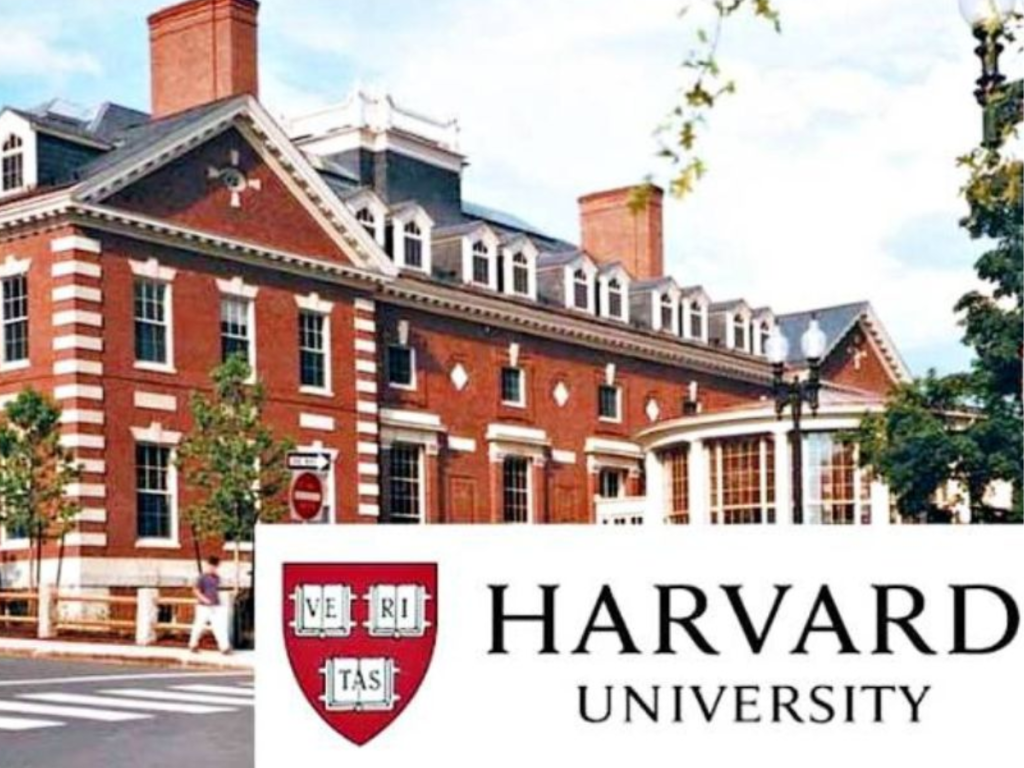Introduction
Yale University, located in New Haven, Connecticut, is one of the most prestigious institutions of higher learning in the United States and the world. Founded in 1701, Yale has long been recognized for its academic rigor, a rich history of producing influential leaders, and its commitment to fostering intellectual curiosity. This article delves into the history, academic structure, notable alumni, and global impact of Yale University, shedding light on what makes it one of the most revered universities in the world.
The Origins of Yale University
Yale University was originally founded as the Collegiate School in Saybrook, Connecticut, by a group of ministers with the purpose of educating clergymen. It was established to provide an alternative to Harvard College, which had been the primary educational institution in the New England area. The name was changed to Yale College in 1718 after a significant donation from Elihu Yale, a British merchant and philanthropist, whose contributions played a pivotal role in the institution’s early growth.
The university quickly became a center for religious and academic thought, offering students a rigorous education steeped in classical studies. The curriculum focused on theology, philosophy, and Latin and Greek literature. As the United States progressed through the centuries, so did Yale, expanding its offerings to include a broad range of disciplines that helped shape the modern university system.
Yale’s Commitment to Excellence in Education
Yale University is renowned for its commitment to providing a world-class education. The institution offers a diverse array of programs, from the humanities to the sciences, and encourages students to think critically, innovate, and contribute to their fields. One of the most distinctive features of Yale is its undergraduate program, which is characterized by a liberal arts education.
The Yale College Experience
Yale College, the undergraduate division of the university, provides students with the opportunity to explore a wide range of disciplines before specializing in a specific field. The university’s emphasis on interdisciplinary studies encourages students to explore subjects outside their major, fostering intellectual growth and creativity. Yale students are known for their deep engagement with both academic and extracurricular activities, which contribute to their overall development as leaders and thinkers.
Yale’s residential college system is another defining feature. The university is divided into 14 residential colleges, each offering a close-knit community of students, faculty, and staff. These colleges provide students with both academic and social support throughout their time at Yale, helping them navigate the challenges of university life while building lasting friendships.
Graduate and Professional Schools
In addition to its undergraduate program, Yale University offers a range of graduate and professional programs, including law, medicine, business, and the arts. Yale Law School is one of the most prestigious law schools in the world, consistently ranked among the top institutions for legal education. Yale School of Medicine is renowned for its innovative research and focus on improving global healthcare. The Yale School of Management, with its world-class business education programs, is known for producing leaders who excel in both the private and public sectors.
Yale’s graduate and professional schools attract scholars and practitioners from around the globe, providing a diverse and intellectually stimulating environment. These programs emphasize the importance of real-world experience, and many students engage in research, internships, and practical training to apply what they learn in the classroom to global challenges.
Yale’s Notable Alumni
Yale University has produced a long list of influential alumni who have made significant contributions to various fields. Its graduates have shaped the world in politics, business, science, literature, law, and the arts. Some of the most notable alumni include:
U.S. Presidents
Yale has produced several U.S. presidents, including George H.W. Bush and his son, George W. Bush. The university is often associated with political power, as many of its graduates have gone on to hold influential positions in government and international diplomacy. The university’s political science program is regarded as one of the best in the world, providing students with the knowledge and skills needed to succeed in public service.
Nobel Laureates
Yale University has an impressive record of producing Nobel laureates across a range of disciplines. Yale alumni have won the Nobel Prize in economics, medicine, chemistry, and literature. These prestigious awards are a testament to the university’s commitment to fostering academic excellence and pushing the boundaries of knowledge.
Writers, Artists, and Intellectuals
Yale has also produced many influential writers, artists, and intellectuals. The university’s English department is renowned for its rigorous literary analysis and creative writing programs. Some of Yale’s most famous writers include Pulitzer Prize-winning authors like David McCullough and Tom Wolfe. The university’s commitment to the arts has made it a hub for creativity, with the Yale School of Drama and the Yale Repertory Theatre being among the most respected in the world.
Entrepreneurs and Business Leaders
Many of the world’s leading entrepreneurs and business executives are Yale alumni. Prominent figures such as Indra Nooyi, former CEO of PepsiCo, and Stephen Schwarzman, CEO of Blackstone, have used their education at Yale to shape the global business landscape. Yale’s focus on leadership and innovation in its business programs has helped equip its graduates with the skills needed to excel in the competitive world of business.
Research at Yale University
Research is at the heart of Yale University’s mission. The university is home to some of the world’s leading research institutions and centers, dedicated to advancing knowledge and solving global problems. Yale’s research spans a wide range of disciplines, including medicine, law, economics, environmental science, and the humanities.
Yale’s Scientific Impact
Yale is particularly known for its contributions to the sciences. The Yale School of Medicine has been a pioneer in medical research, particularly in the fields of cancer, neuroscience, and public health. Yale scientists have made groundbreaking discoveries in various fields, such as the identification of key genes involved in the development of certain cancers and the discovery of new treatment options for neurological disorders.
The Yale School of Environmental Studies is another key institution that has helped to shape global environmental policy. Yale researchers have contributed significantly to our understanding of climate change, sustainable development, and environmental justice.
Social Science and Humanities Research
Yale’s contributions to the social sciences and humanities are also noteworthy. The university’s research centers focus on topics such as political theory, international relations, history, and philosophy. Yale scholars have made major contributions to the study of human rights, economic inequality, and political philosophy, and their work continues to influence policymakers and academics around the world.
Yale University’s Global Impact
Yale University’s influence extends far beyond the United States. With a diverse and international student body, Yale is a truly global institution. Its research and academic programs attract students and scholars from all corners of the globe, contributing to the university’s status as a center for global intellectual exchange.
International Partnerships
Yale has developed a number of international partnerships with universities, research institutions, and organizations around the world. These collaborations facilitate the exchange of knowledge and ideas, allowing Yale to expand its reach and impact globally. Programs like the Yale World Fellows Program bring together emerging leaders from around the world to engage in dialogue and work on global challenges.
Philanthropic Work and Global Engagement
Yale is also involved in philanthropic efforts around the world, using its resources to improve access to education, healthcare, and social services. The Yale Global Health Initiative works to address health disparities in developing countries, while the Yale Sustainable Food Program focuses on improving food security and sustainability on a global scale.
The Future of Yale University
As Yale University continues to grow and evolve, it remains committed to providing an exceptional education to students and advancing knowledge through research. The university is focused on addressing the world’s most pressing challenges, including climate change, global health, and social justice. With its continued commitment to academic excellence, innovation, and global engagement, Yale University is poised to remain at the forefront of higher education for years to come.
Conclusion
Yale University stands as a beacon of academic excellence, a place where students and scholars come together to push the boundaries of knowledge and contribute to the world. With its long history, prestigious alumni, groundbreaking research, and global impact, Yale continues to be a leader in higher education. Its commitment to fostering intellectual growth, encouraging interdisciplinary studies, and addressing global challenges ensures that it will remain one of the most respected institutions in the world for generations to come.

